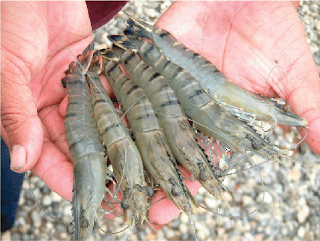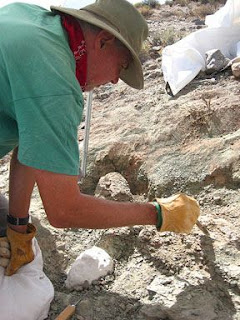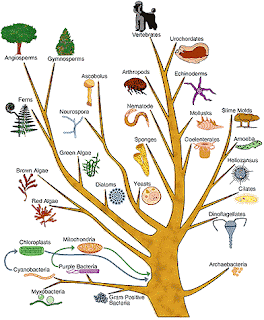
Atony Van Leeuwenhoek (1632-1723)
A Dutch Cloth merchant, turned into scientist.
He invented a simple microscope and studied living cells.
August Weisman (1834-1914)
A German Biologist.
He introduced Germ plasm theory in 1892.
Alexander Flemming (1881-1955)
He discovered Penicillin.
Carolus Linnaeus (1707-1778)
A Swedist Naturalist.
He introduced Binomial Nomenclature for naming plants and animals.
Charles Robert Darwin (1809-1882)
A British Naturalist.
He is called Newton of Biology.
He proposed the theory of Pangenesis to explain inheritance.
He also proposed Origin of species by Natural Selection.
Empedocles (495-425 BC)
He stated source of body temperature was blood.
He also proposed concept of evolution.
Father Saurez
He is not father of any branches of science.
He was a priest in a church and thus called father.
He believed in 'special creation theory.'
Gregor Johann Mendel (1822-1884)
An Austrian Monk.
He discovered principles of inheritance.
Geroges Leopold Cuvier (1769-1832)
A French Palaeontologist.
He studied fossils and laid the foundation of Palantology.
He also studied comparative anatomy.
Jean Baptiste De Lamarck (1744-1829)
A French Naturalist.
He proposed inheritance of acquired characters.
He discarded the idea of fixity of species.
Louis Pasteur (1822-1895)
He proposed 'Germ theory of disease.'
He discarded 'Spontaneous theory' of origin of life.
He discovered vaccine against 'Anthrax'.
He also proposed pasteurization for sterilization.
Robert Hooke (1935-1945)

He assembled a compound microscope.
He discovered cells in cork.
Theodor Schwann (1810-1882)
A German Zoologist.
He proposed cell theory in 1839 by his study on animal tissue.
William Harvey (1578-1657)
A British Scientist.
He discovered blood circulation.
T.H. Morgan (1866-1945)
He discovered sex linked inheritance in Drosophila.
He laid foundation of gene theory.





